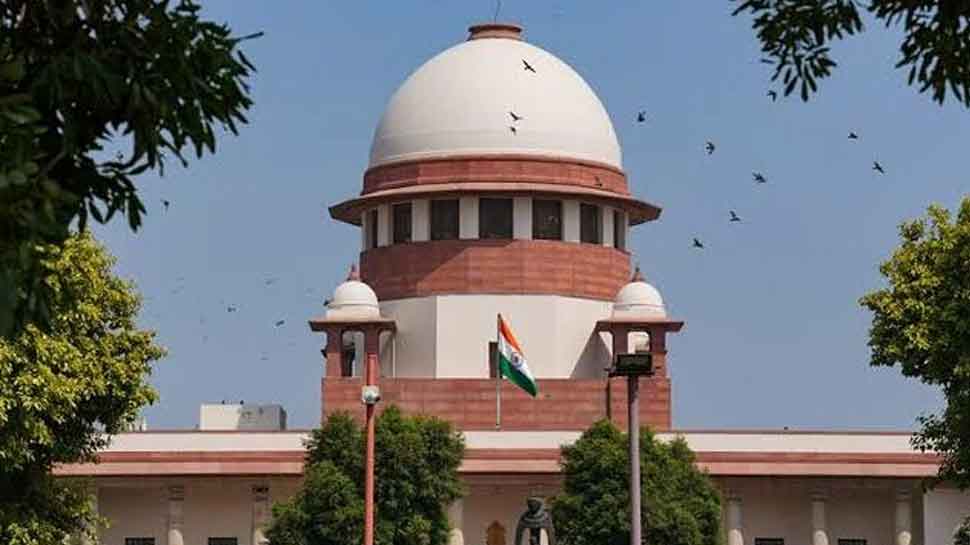[ad_1]
NEW DELHI: In a significant update, the Central government conveyed its readiness to hold elections in Jammu and Kashmir during a Supreme Court hearing on Thursday. Solicitor General Tushar Mehta, representing the government, stated that the voter list update process is largely completed. Mehta revealed that legislative assembly elections in Jammu and Kashmir are likely to follow after panchayat and municipal polls. However, the sequence of elections will be determined by the State Election Commission and the Central Election Commission.
Petitions challenging the abrogation of Article 370 in SC | Solicitor General Tushar Mehta, appearing for Centre, tells Supreme Court that it is ready for elections in Jammu and Kashmir at any time now. pic.twitter.com/mhiqqWPBbf
— ANI (@ANI) August 31, 2023
Speaking on behalf of the Centre, Solicitor General Tushar Mehta made this statement before the Supreme Court’s constitution bench, which is currently addressing pleas challenging the revocation of Article 370 that granted special constitutional status to Jammu and Kashmir.
Earlier, on Tuesday, Mehta had assured the court of a “positive statement” to be made on Thursday, in response to queries about restoring the state’s status and timeframe for the same. The ongoing hearings, conducted by a five-judge bench led by Chief Justice Of India, DY Chandrachud, have focused on the need to reinstate democracy in Jammu and Kashmir. The region has been without an elected government since June 2018.
The Chief Justice, while acknowledging national security concerns, emphasized the importance of restoring democracy in a region that has been under direct central government administration since 2018.
The attorney general and solicitor general, along with a group of senior lawyers, are presenting the Centre’s defence of its decision. Conversely, senior advocates like Kapil Sibal, Gopal Subramanium, and Rajeev Dhavan are representing the petitioners.
The core debate revolves around whether due process was adhered to when abrogating Article 370 and subsequently bifurcating the state into two union territories – Jammu and Kashmir, and Ladakh.
The Solicitor General’s statement that Ladakh would remain a Union Territory drew disappointment from leaders and petitioners in the Ladakh region. Over the past two years, the area has witnessed substantial protests advocating for statehood.
Following the revocation of Article 370 in August 2019, the Modi government had committed to restoring statehood at an appropriate juncture. While Home Minister Amit Shah has reiterated this commitment, no specific timeline has been established for the transition.
[ad_2]
